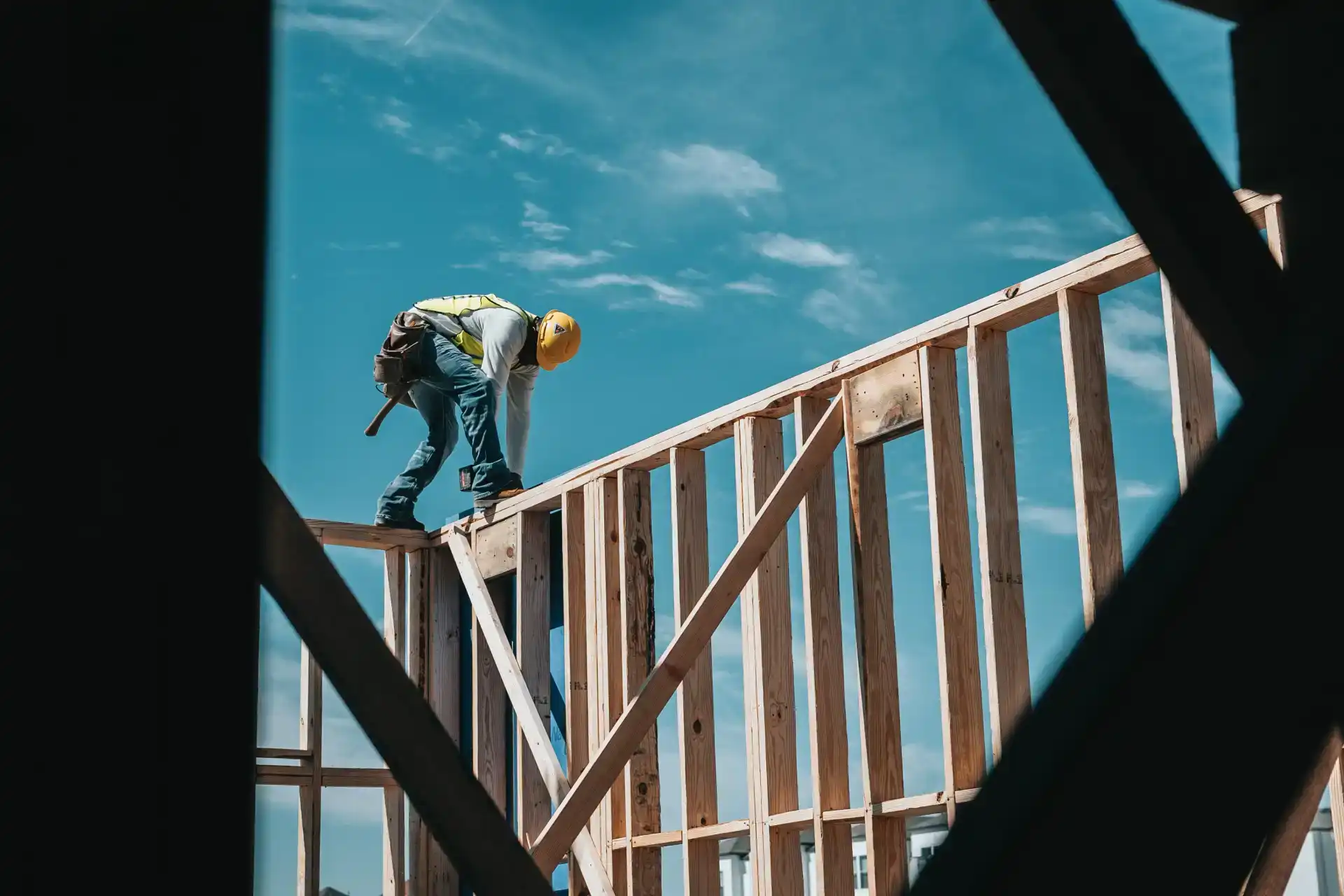Non-traditional uses of body cameras - From construction to health care
May 23, 2023

Body cameras have become an essential tool for law enforcement officials around the world, allowing them to capture interactions with the public and serve as a means of accountability. However, body cameras can be used in other, non-traditional ways that extend beyond just law enforcement and security.
In recent years, body cameras have been adopted by various professions and industries, including healthcare, construction, and transportation. This adoption has resulted in a wide range of benefits that extend far beyond traditional police-related applications.
After my long career in law enforcement, I transitioned into working within court systems across the country, many of which involve reviewing trial and deposition transcripts. Many of these cases involve civil lawsuits for medical malpractice.
To that end, one non-traditional use of body cameras is in the healthcare industry. Hospitals and clinics have started using body cameras to record surgeries and procedures to ensure that the medical staff is following proper protocols and to aid in training new medical personnel. The cameras provide a first-person perspective that allows medical professionals to review their work and identify areas for improvement.
This use of body cameras has been particularly beneficial in the current pandemic era, as hospitals can use them to document and analyze their COVID-19 response and treatment procedures.
In addition, using body cameras can help defend medical professionals against false claims, as well as assist in any other type of claim brought up against them, by having video proof of a procedure from the medical professionals’ points of views. I know from my personal experience in reviewing transcripts of civil lawsuits that having such proof would be essential to a proper defense, as most of those types of cases are litigated based on “ he said / she said” evidence.
Another non-traditional use of body cameras is in the construction industry. Construction workers have been using body cameras to capture their work, which can be used for training purposes, as well as for quality control and project management. The footage can be analyzed to ensure that the workers are following proper safety procedures and that the work is being done correctly.
Body cameras can also be used to document any incidents or accidents that occur on the job site, which can help with insurance claims and legal issues. In one civil trial I reviewed, one construction company was suing one of their subcontractors for millions of dollars with the contractor claiming the subcontractor had significant job site delays. The subcontractor claimed that the delays were a result of other workers not having properly prepared the areas in which they were to work. While the subcontractor did have photographs that ultimately provided them with the proof to win the case and successfully defend themselves, during the trial I found myself thinking, “Having body camera footage of this job site would make this trial last one day!”
If the foreman on this job would have been equipped with a body camera day-in and day-out, the judge and jury would have been able to see the reasons for the delays were not a result of the subcontractor over the course of days and weeks, right from the perspective of the subcontractor — what better evidence could there have been than that?
Body cameras are also being used in the transportation industry, particularly by commercial truck drivers and other professional drivers. These cameras are used to record their daily routes and ensure that they are following proper driving protocols, such as obeying traffic laws and not driving for excessive hours. This footage can be used to protect drivers from false claims made by other drivers or pedestrians, as well as to train new drivers. In the instance of some type of crash or accident, the footage can be used to help support the driver and/or the company to present an independent view of what transpired.
Body cameras can also be used for personal safety, particularly for women and members of marginalized communities who may be at greater risk of violence or harassment. The footage can serve as evidence in the event of an incident and can help hold perpetrators accountable. While these uses are more uncommon, they remain valuable uses for individuals wishing to permanently document events in their lives for a variety of purposes.